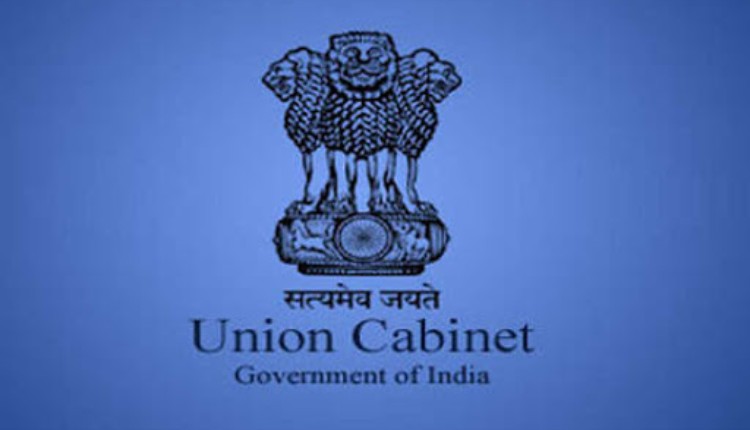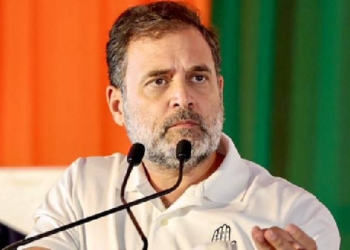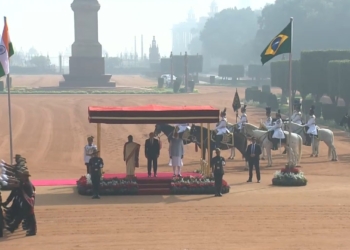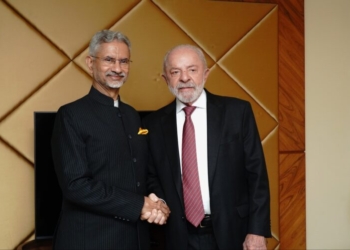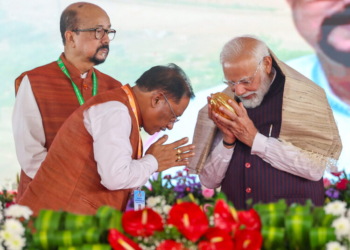New Delhi: The Union Cabinet on Wednesday approved the Pradhan Mantri Janjatiya Unnat Gram Abhiyan, with a total outlay of Rs 79,156 crore, that will empower more than five crore tribal people.
The scheme will cover around 63,000 tribal-majority villages in Aspirational Districts announced in the Budget 2024-25. It will cover 549 districts and 2,740 blocks spread in tribal-majority villages across 30 states and UTs, a Cabinet communique said.
The total outlay will have a Central component at Rs 56,333 crore and states share at Rs 22,823 crore for improving the socio-economic condition of tribal communities, by adopting saturation coverage for tribal families in tribal-majority villages and aspirational districts, according to the Cabinet decision.
The tribal villages covered under the Abhiyan would be mapped on the PM Gati Shakti Portal with the gaps identified by the concerned department for its scheme-specific requirements.
The country has a Scheduled Tribes (ST) population of 10.45 crore, as per the 2011 census, and there are more than 705 tribal communities, spread across the country, living in remote and hard-to-reach areas.
According to the government, the Abhiyan envisions saturation of critical gaps in social infrastructure, health, education, and livelihood, through different government schemes by convergence and outreach and ensuring holistic and sustainable development of tribal areas and communities based on the Pradhan Mantri Janjati Adivasi Nyaya Maha Abhiyan (PMJANMAN).
As part of the scheme, one of the major aims in the next five years is to provide pucca houses for eligible households with other entitlements. Eligible ST households will have access to pucca housing under the PMAY (Gramin) with the availability of tapped water (Jal Jeevan Mission) and electricity supply (RDSS). Eligible ST households shall also have access to Ayushman Bharat Card (PMJAY), according to the government.
In order to improve village infrastructure, the scheme will ensure all-weather road connectivity to ST majority villages (PMGSY), provide access to mobile connectivity (Bharat Net) and internet infrastructure for improving health, nutrition, and education (NHM, Samagra Shiksha and Poshan). As part of skill development, the mission will provide access to training (Skill India Mission/JSS) and ensure that ST boys/girls get access to long-term skill courses after Class 10/12 every year.
It also aims to increase the gross enrollment ratio (GER) to the national levels in school and higher education and to make quality education affordable and accessible to ST students (Samagra Shiksha Abhiyan) by setting up tribal hostels in schools at district/block level. In order to ensure enhanced access to quality health facilities to ST households, the mission offers mobile medical units in areas where the sub-centre is more than 10 km in plain areas and 5 km in hilly areas (National Health Mission).
(IANS)




